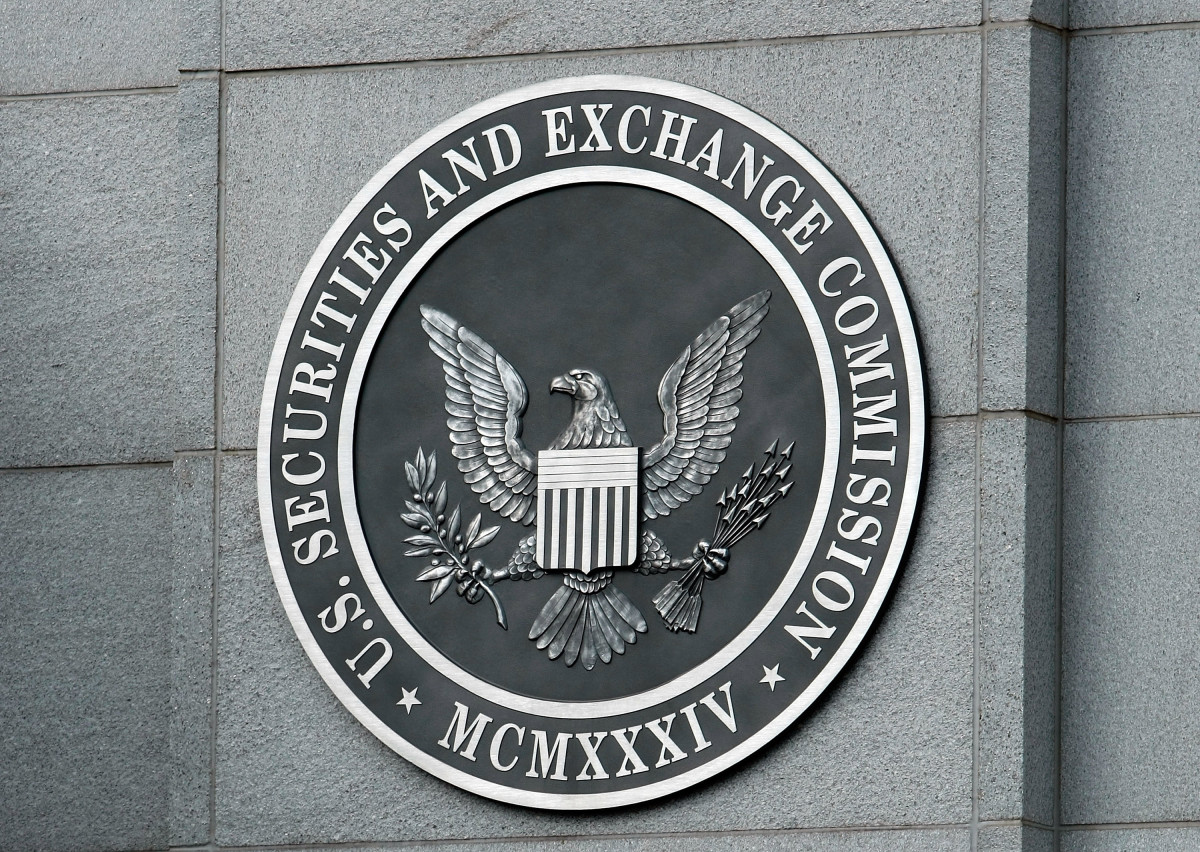
Donald Trump is, in his own considered opinion, “the most transparent president” in American history. It is in its way the most perfect encapsulation of his term of office, both in its sheer boldness and—coming from the actual first president in the last 50 years to refuse to release his tax returns—totally at variance with reality. The fact that Ron Johnson so enthusiastically agrees with such a statement is no doubt why so many people are eager to take a shot at a senator so apparently stupid.
Anyway, as with so much else in this administration, if there has been a presidential commitment to transparency, the memo has gotten lost along the way. Certainly, the Labor Department seems less interested in open government than in protecting those it has itself found in violation of the law. And Trump favorite Jay Clayton has been leading a one-man opacity crusade during these last frenetic few months of activity at the Securities and Exchange Commission—one which he has also been admirably able to marry with his other abiding principle during his time at its helm, laziness.
Many companies are providing a defense to the SEC ahead of the Wells notice by submitting a white paper, requesting a meeting with the enforcement division or both….
The SEC sent at least six Wells notices to public companies during its fiscal year ended Sept. 30, according to research firm Audit Analytics’ review of corporate disclosures. During the previous fiscal year, companies disclosed no notices at all.
In the three full fiscal years under Chairman Jay Clayton, between October 2017 and this past September, the SEC sent out an average of 4.7 letters to companies, based on corporate disclosures. In the preceding 16 years—from 2002 to 2017—Wells notices averaged about 14 a year, Audit Analytics data show.
Well, speaking of memos unreceived, the folks steering that peerless ship of good governance and sound decision-making known as General Electric rather predictably failed to read this one.
“We strongly disagree with the recommendation under consideration by the SEC staff and will provide a response through the Wells notice process….”
SEC Provides Fewer Warnings of Potential Civil Action [WSJ]
Labor Department Curbs Announcements of Company Violations [NYT]

